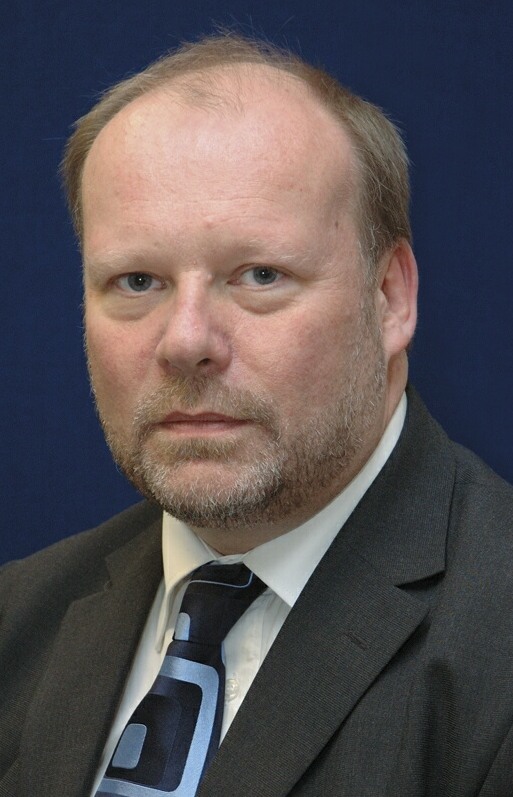Angus Council is standing on the edge of a funding abyss, which could stretch to almost £35 million in the next four years.
A year on from a dismal report highlighting the scale of the financial challenge Angus faces in common with every Scottish authority new projections reveal the worst case scenario has become even gloomier. The mid-term financial strategy report for 2012-2016 goes before elected members on Wednesday in their final full meeting before the summer recess.
Many of the messages in the paper compiled by chief executive Richard Stiff, in conjunction with his directors of corporate service and finance, echo warnings given 12 months ago over the task faced in balancing the books, acknowledging the council cannot hope to meet the required savings through efficiencies alone.
Twelve months ago former chief executive David Sawers said the pessimistic view on the four-year funding gap to 2016 could leave a £30.2 million financial black hole in the balance sheet. Councillors will now be told the four-year funding shortfall may be as much as £34.3 million, a departmental budget hit of 16.4% up to 2016.
On a base projection the departmental savings requirement of 12% still equates to a four-year shortfall of £25 million. Even with an optimistic view the officials say the council will still have to ask for 7.7% savings to find over £16 million.
Mr Stiff will emphasise to councillors his view that Angus Council “has a proven track record in financial management and currently sits in a fairly strong and stable financial position.”
But he adds, “It is, however, essential that the council plans ahead for these difficult times so that its finances remain strong and so that it can protect service provision as far as possible.Financial challenges”In light of the unprecedented financial climate that the council faced at that time the first medium-term financial strategy covering the period 2010/11 to 2013/14 was approved at an early stage in the process by the council. This strategy set out the financial challenges ahead and began to map out how the council might meet these challenges through efficiency reviews and cost reduction strategies.
“A commitment was given to review this strategy annually to ensure that the council has in place a rolling four-year financial strategy to facilitate forward planning. It is essential that the council understands its financial ‘starting point’ to inform future service and budget planning.
“Regrettably the continuing financial pressure which the council will be under during the period covered by the financial strategy will be so significant that it will be impossible for future council revenue budgets to be balanced through savings from efficiency reviews alone.
“Overall the council’s revenue grant support is projected to reduce by £1.1 million over the remaining period of the current spending review 2012/13 to 2014/15 due to reduction in loan charge support, with a marginal net increase of £1.4 million being assumed in 2015/16.
“The fact that more than 83% of the council’s funding comes from government merely serves to emphasise the extent of the financial difficulties which the council will face in the period ahead. It is currently assumed that councils will not receive details of their actual grant for 2012/13 and beyond until late autumn 2011, leaving minimal time available in which to conclude their 2012/13 budgets by early February 2012.
“A significant part of the strategy focuses on the estimated gap which is projected to exist between spending needs and funding levels and this in turn drives the need for an efficiency programme and budget savings exercises. Directors have already commenced early work on their 2012/13 and beyond budget submission, building on the work already undertaken as part of the preparation of the 2011/12 revenue budget.”
The authority targets updated saving proposals of 3.5% per annum for each of the next three years, of which 25% must be cash efficiencies a move officials hope will afford “a degree of flexibility” when looking at savings which will have to be made once the grant picture becomes clear.
The report adds, “The extent of the financial challenges facing the council are such that there is a need to continue to look at service provision and costs on a medium-term horizon. If the council fails to continue to plan ahead along these lines then it is likely that direct and perhaps hastily considered cuts to services will need to be applied in order to set balanced budgets in future years.”
